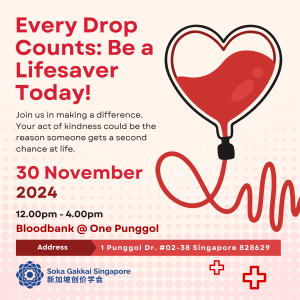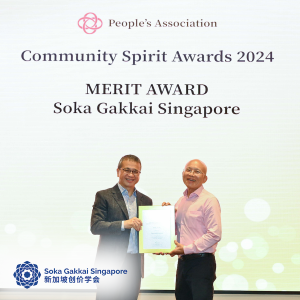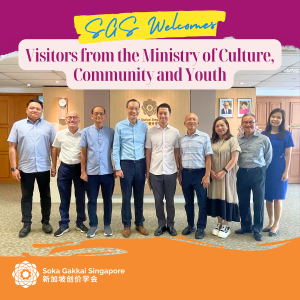SSA partners NGO by Lien Aid, UNICEF to support an integrated sanitation and water project for 600 families in Andoung, Phnom Penh. Local authorities such as the Ministry of Rural Development – Development of Rural Health Care, Phnom Penh Municipality, Phnom Penh Rural Development were also involved in this sanitation project in Cambodia.
The objective of this project was to improve the quality of life of the community at Andoung Village. The proposed project primarily aims to establish a sustainable water, sanitation, basic hygiene and waste management facilities for the community.
A newly-constructed, 15,155 sq. ft. community hygiene complex, equipped with latrines, bathing and washing facilities, in Andoung Village, Kohroka Commune, Dangkor District, was completed. This project will benefit some 600 families in Andoung, Phnom Penh. The provision of clean water supply through a 100-metre-deep well; while a more organized and efficient garbage disposal system is also expected to bring about a cleaner living environment. The project was lauded by the Vice-Governor of the Phnom Penh Municipality, who sees is as a model for future development works at other slum and rural areas. The inaugural ceremony took place on August 3, 2007 at Andoung, Phnom Penh.
SSA provided the necessary link-up with the local SGI-organization in Cambodia for the construction of a proper water and sanitation system project work to be carried out. SGI-Cambodia also provided manpower in community clean-up activities and conducted educational activities for the Cambodian families staying in the slum areas.
This project was carried in both the local papers of Cambodia and Singapore.
[About Phnom Penh
Phnom Penh is the largest and most populous capital city of Cambodia. It constitutes more than 2 million of Cambodia’s 15 million population.Since the 1990s, Phnom Penh city has developed rapidly in economic and social aspects. As a result of the migration of people staying in the rural areas to the city, thousands of residents at a Phnom Penh slum were living in distressing public health conditions, as living conditions such as hygiene, sanitation and having safe water supply for consumption, were poor.]


